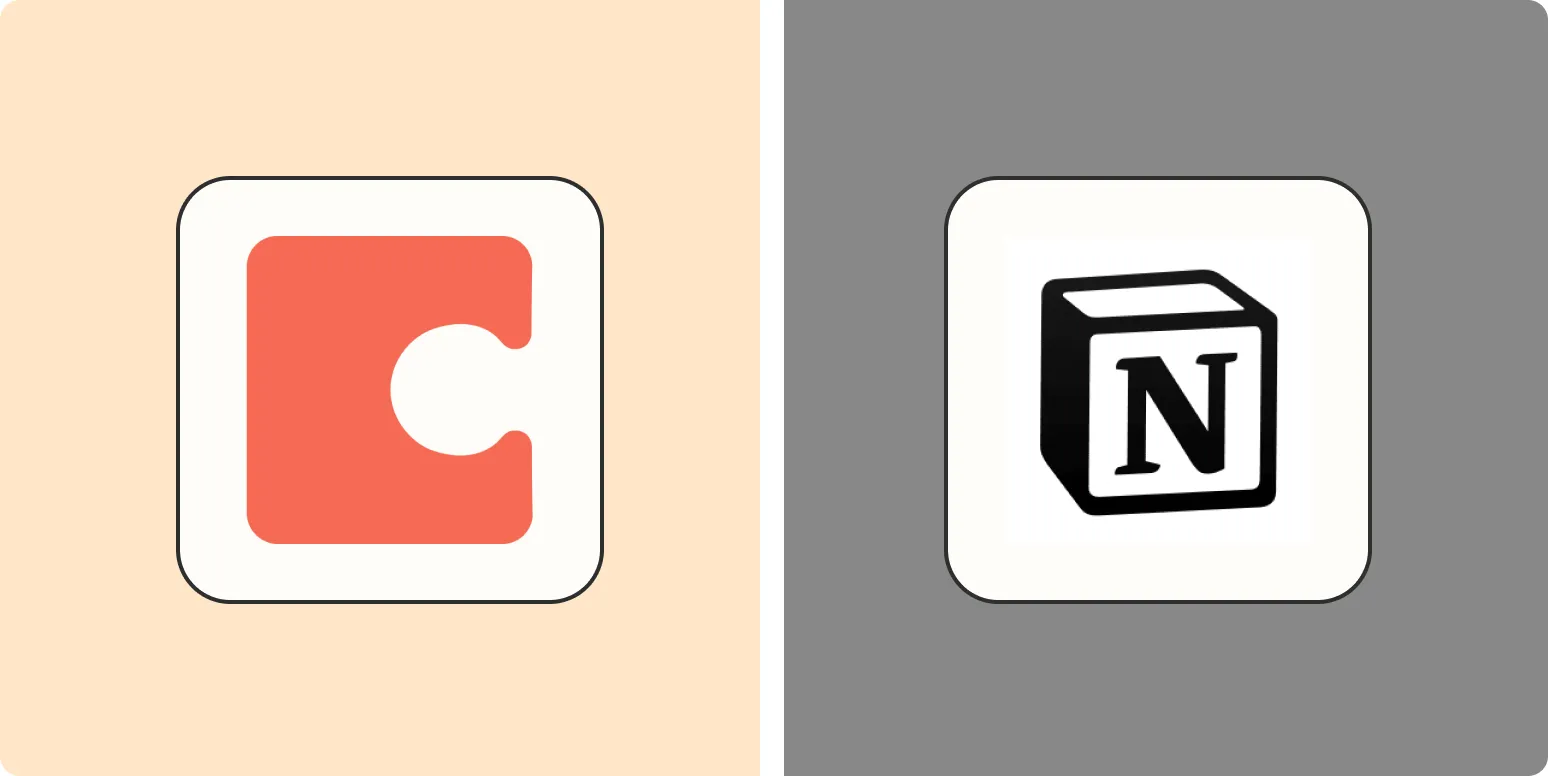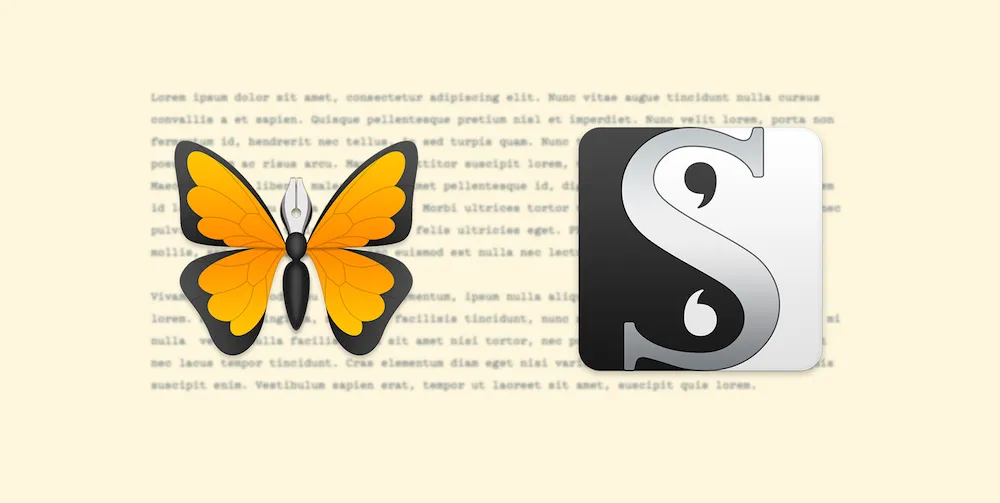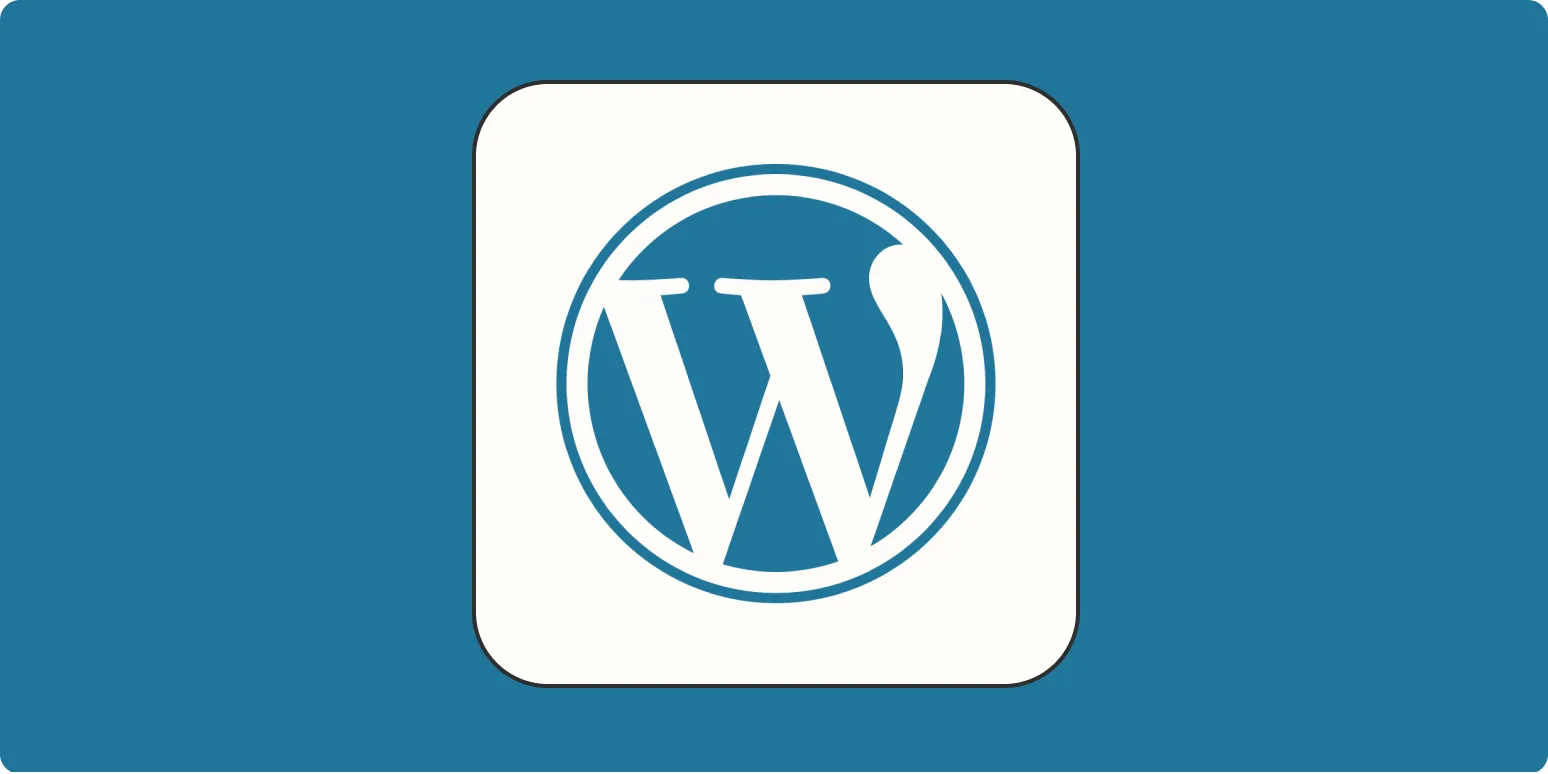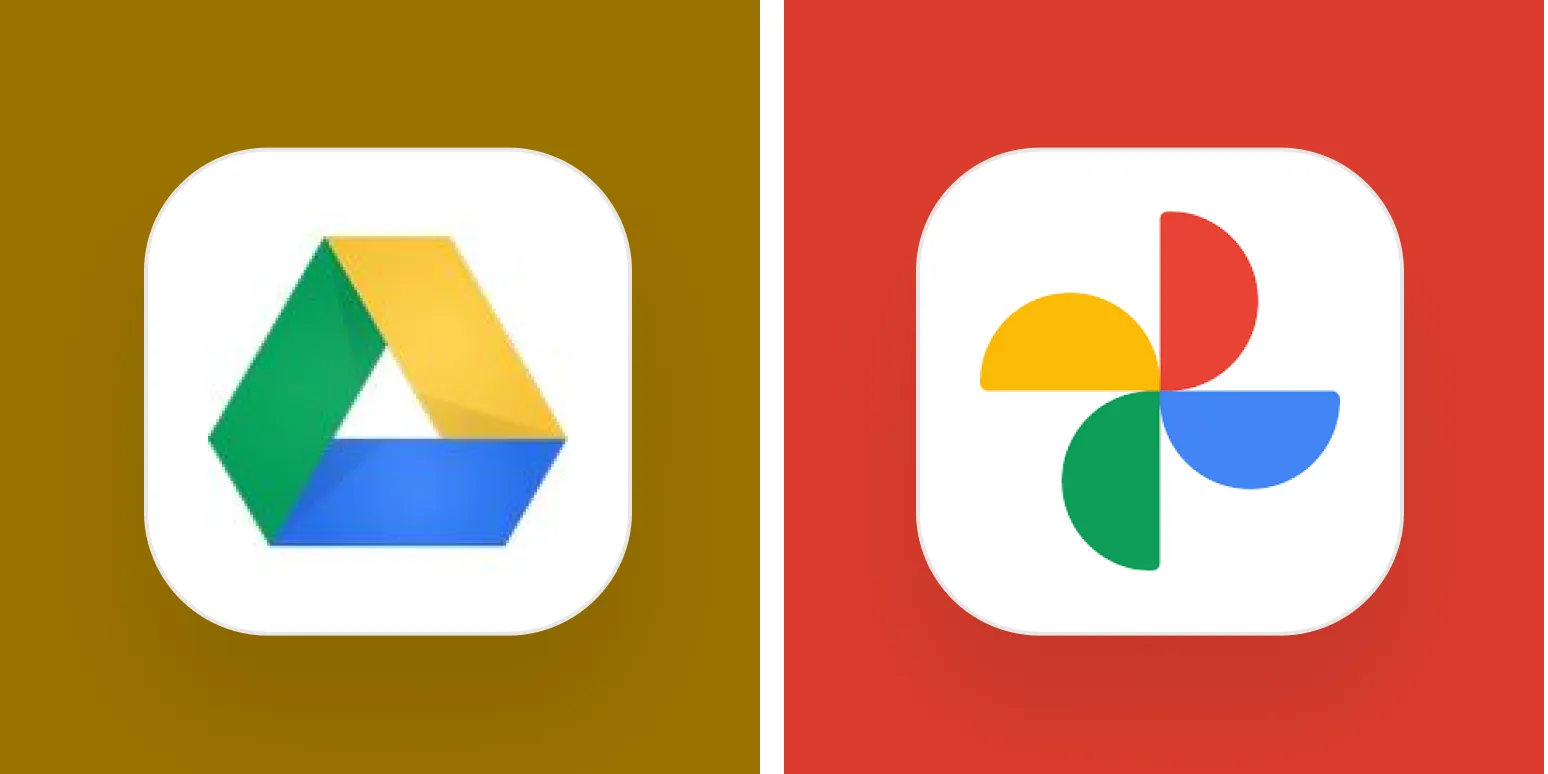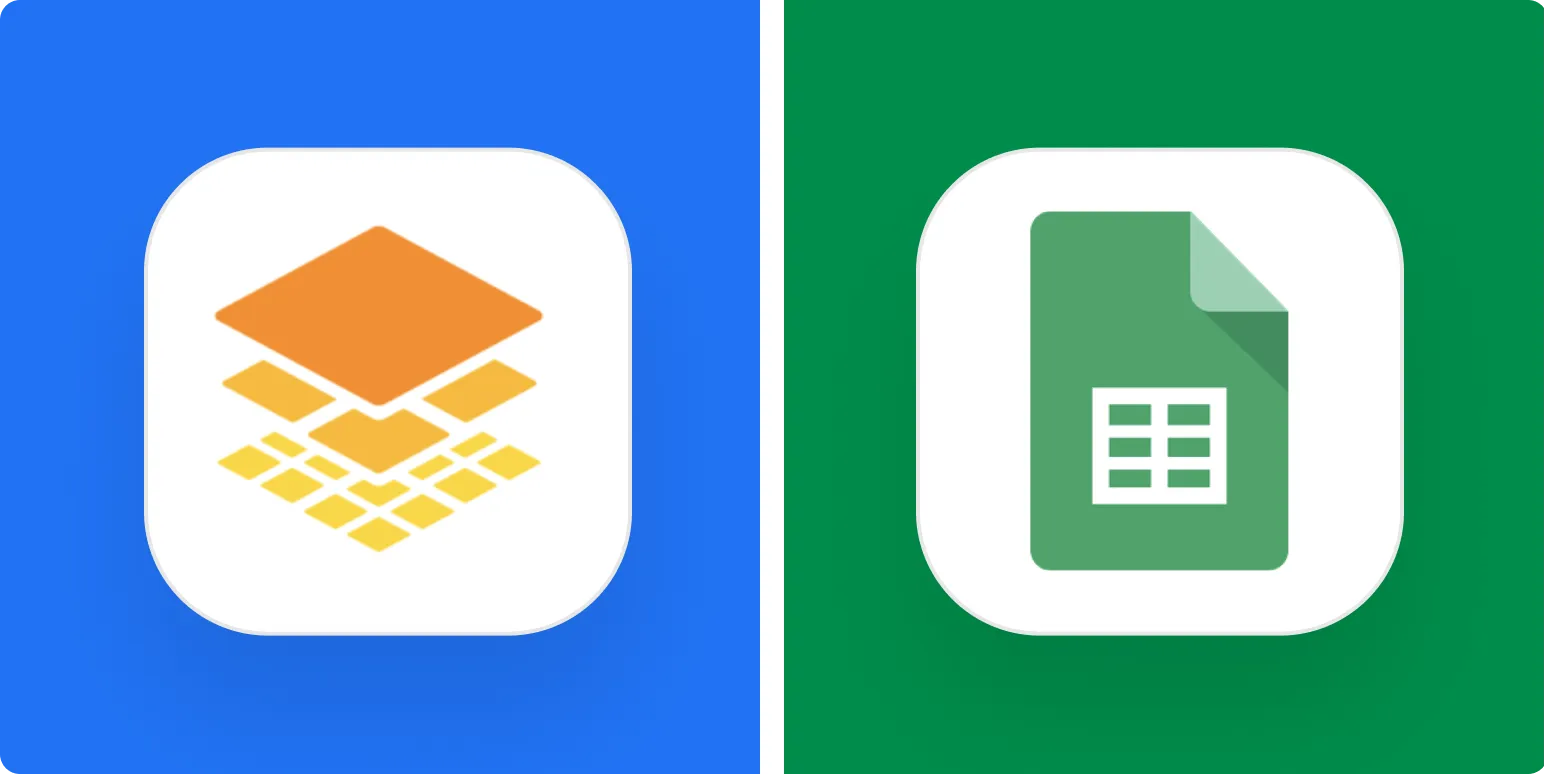When it comes to choosing a workspace app, two of the most popular options are ''Coda'' and ''Notion''. Both platforms offer unique features and capabilities that cater to different needs and preferences. In this article, we will explore a detailed comparison of Coda and Notion, helping you determine which app is right for you in 2025.
Overview of Coda
Coda is a versatile document editor that combines the functionalities of a word processor, spreadsheet, and database into one cohesive platform. It is designed to streamline workflows and enhance collaboration among teams. Users can create interactive documents that include tables, checklists, and various types of content. Coda's ability to integrate with other tools makes it a powerful workspace for both individuals and teams.
Overview of Notion
Notion, on the other hand, is known for its flexibility and modular approach to task management and note-taking. It provides users with a customizable workspace where they can create databases, kanban boards, and wikis. Notion's intuitive interface allows users to organize their information in a way that suits their personal or team workflows. This adaptability has made it a favorite among project managers, writers, and creatives alike.
Key Features Comparison
To better understand the differences between Coda and Notion, let’s take a look at some of their key features in the following table:
| Feature | Coda | Notion |
|---|---|---|
| Document Structure | Interactive documents with rich content | Customizable pages and databases |
| Collaboration Tools | Real-time collaboration with comments and mentions | Team collaboration with shared workspaces |
| Integrations | Integrates with various apps like Google Drive, Slack | Supports integrations with many productivity tools |
| User Interface | Clean and straightforward layout | Highly customizable and visually appealing |
| Pricing | Free tier available, paid plans start at $10/month | Free tier available, paid plans start at $4/month |
Collaboration and Teamwork
Both ''Coda'' and ''Notion'' shine when it comes to collaboration. Coda’s strength lies in its real-time editing capabilities, allowing multiple users to work on a document simultaneously. The ability to leave comments and tag team members ensures that everyone stays in the loop. This makes Coda particularly suited for teams that require immediate feedback and quick adjustments.
Notion, while also offering real-time collaboration, focuses more on creating a shared knowledge base. Its hierarchical structure allows teams to organize information logically, making it easier to find and share resources. The ability to create wikis and project boards in Notion makes it an excellent choice for teams that prioritize documentation and structured project management.
Customization and Flexibility
Customization is a significant aspect when considering which app to choose. ''Coda'' provides users with a range of templates and building blocks that can be combined to create unique documents. Its formula functionality allows for advanced data manipulation, making it ideal for users who enjoy working with data in creative ways.
''Notion'', on the other hand, offers unparalleled flexibility in how information is structured and displayed. Users can create a variety of content types, from simple notes to complex databases, all within the same platform. This degree of customization can be a double-edged sword; while it allows for extensive personalization, it may also overwhelm some users who prefer a more straightforward approach.
Use Cases for Coda and Notion
Deciding between Coda and Notion often comes down to specific use cases:
- Coda: Best suited for teams that need to create interactive documents that can function as both project management tools and data repositories.
- Notion: Ideal for users who require a flexible workspace that can be tailored to their unique workflows, especially for documentation and knowledge sharing.
Performance and User Experience
Performance is another critical factor to consider. Users have reported that ''Coda'' operates smoothly when handling large datasets, making it efficient for data-driven projects. However, some users have noted that the learning curve can be steep due to its powerful features.
''Notion'' is often praised for its user-friendly interface and ease of use. New users can quickly get the hang of creating pages and databases without feeling overwhelmed. However, performance can lag when working with highly complex setups or large amounts of data.
Conclusion: Which App is Right for You?
Ultimately, the choice between ''Coda'' and ''Notion'' depends on your specific needs and preferences. If you are looking for a powerful tool that combines document editing with advanced data manipulation, Coda may be the right fit. On the other hand, if you prioritize a highly customizable workspace that excels in documentation and team collaboration, Notion could be your best choice.
As you evaluate your options in 2025, consider the unique features and functionalities of each app to find the one that best aligns with your workflow and team dynamics. Whether you choose Coda or Notion, both platforms offer robust solutions for enhancing productivity and collaboration.

